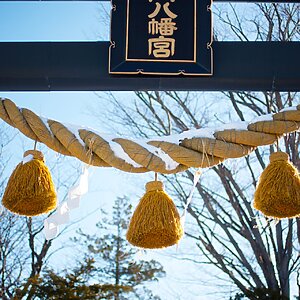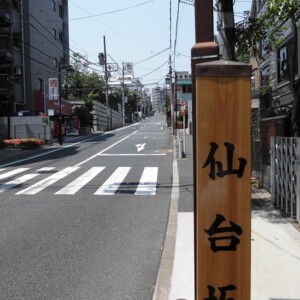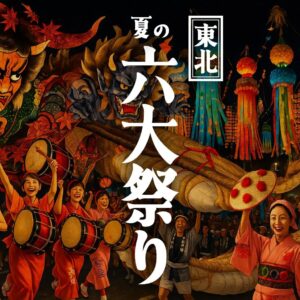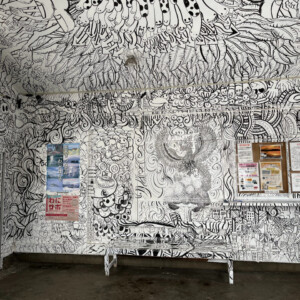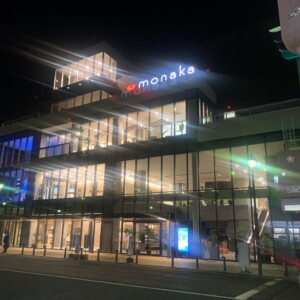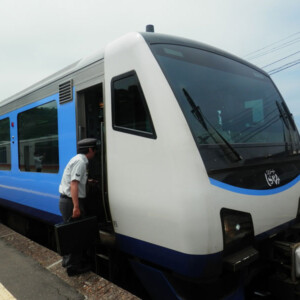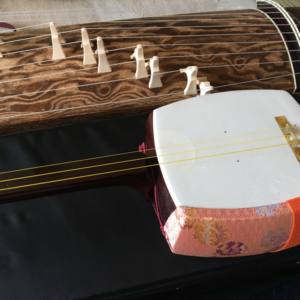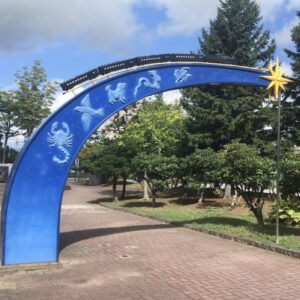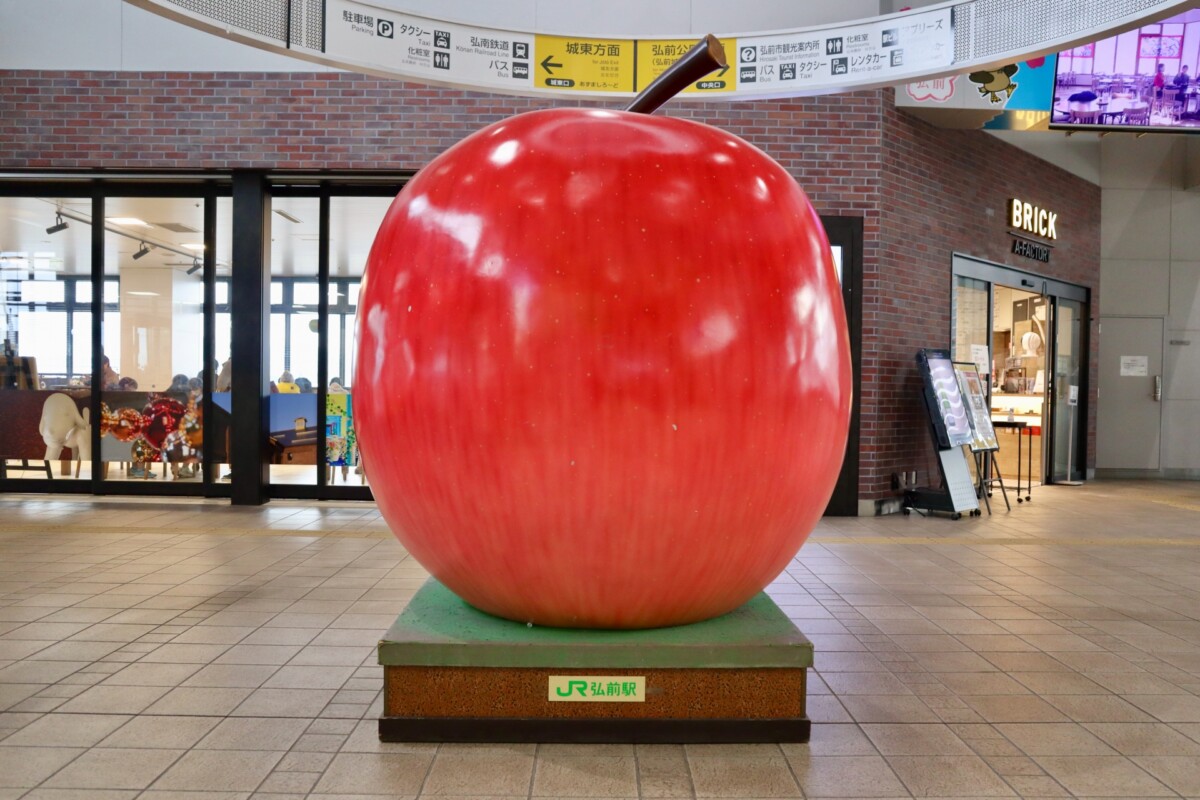
Introducing traffic safety slogans full of Tsugaru dialect: "Futozu" and "Ittomaga"! [Hirosaki City, Aomori Prefecture]
table of contents
Traffic safety slogans are something you often see when driving a car. They are displayed on billboards along the road and on electronic bulletin boards, and are used to raise awareness of traffic safety among people. Traffic safety slogans are common throughout the country, but in fact, in some areas of Hirosaki City, Aomori Prefecture, there are unique traffic safety slogans written in the Tsugaru dialect
This time, safety slogans from Hirosaki City, titled "Introducing traffic safety slogans full of Tsugaru dialect: [Motsuke] [Ununu]!" We will also explain where they are installed and the meaning of the slogans, so be sure to look for them when you visit Hirosaki.
Traffic safety slogans in Tsugaru dialect
The traffic safety slogans, full of Tsugaru dialect, are an initiative started by the Watoku branch of the Hirosaki Traffic Safety Association in 2007. Every year, sixth graders attending Joto Elementary School in Hirosaki City, Aomori Prefecture, create the slogans, and this year four of the 43 entries won prizes
The winning traffic safety slogans have been made into billboards and are being installed within the school district of Joto Elementary School. There are 66 slogans, including past winning works, and some of them are not in the Tsugaru dialect. However, most of them are full of Tsugaru dialect, so drivers from other prefectures may be surprised to see them and not understand their meaning
Introducing the meanings of five Tsugaru dialect traffic safety slogans! How many can you get right?
We will introduce the meanings of five Tsugaru dialect traffic safety slogans, focusing on the winning entries from 2024
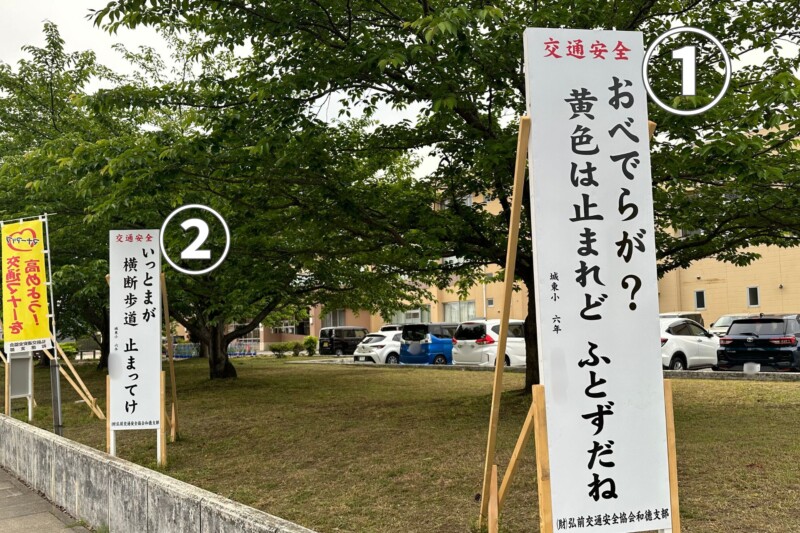
① What are you doing? You can stop when the yellow light is on, but you're still fat
One of this year's new products. This one means "You remember, right? (You know, right?) Yellow is the same as stop .
First of all, "Obederaga" and "Kiiro wa tomaredo" are simply corrupted versions of "Do you remember?" and "Kiiro wa tomaredo", so they become "Do you remember? (Do you know?) Kiiro wa tomaredo."
The problem is "futozu dane." People who don't understand Tsugaru dialect might think, "Futozu? Does that mean it's thick?", but it actually means "the same." And while "dane" is also used as a suffix in standard Japanese, it has a slightly different nuance, conveying the speaker's strong will, as in "I guess so."
So to sum it all up, it means, "Remember? (You know, right?) Yellow is the same as stop."
②Please stop at the crosswalk
This is also a new work from this year, but it is easier than the other three. The meaning is "Please stop at the crosswalk for a moment," but even if you don't understand Tsugaru dialect, you should be able to understand it.
"Ittomaga" means "in the blink of an eye" and is said to have evolved from "ittokima (one hour)." Older people sometimes pronounce it as "itomaga" without the "tsu," making it a fairly popular Tsugaru dialect. Next, we'd like to focus on the "ke" in "Tomattke." In Tsugaru dialect, "ke" is famous for having multiple meanings with just one character. It is said that by changing the pronunciation, it can have 12 different meanings, such as "eat," "please give me," and "itchy." In this usage, "~kudasai" would be appropriate, so "Tomattekudasai" is the correct meaning
It turns out that this slogan is a call to drivers to "please stop at the crosswalk for a moment."
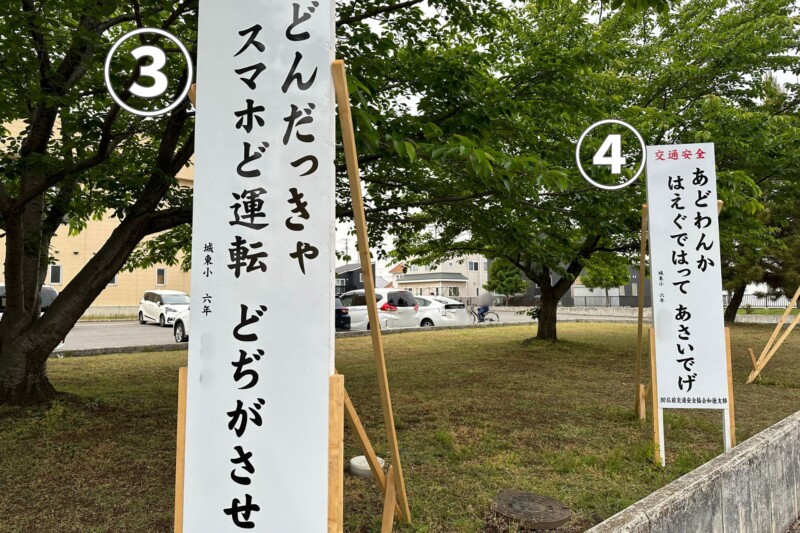
③Don't worry, I'm driving while using my smartphone
This is also one of this year's new releases, but the meaning is unclear right from the opening "dondakkya." It "What do you think? Choose between your smartphone and driving ." When asking someone, "donda" means "How is it going?", but it can also be used to say "What do you mean?" when you are surprised. "Kya" is a commonly used ending in the Tsugaru dialect, and when the two are combined, it means "How about you (disappointed)?"
Also, in "dojigasase," "dojiga" means "either," and "-sa" means "to" in relation to a place or person. "-se" includes the command meaning of "to do," so if you translate the whole thing, it means "do either." If elementary school students are thinking about this, then the elementary school students in Tsugaru are no ordinary people..
④Adwanka haegu dehae Asai dege
This is the most difficult slogan to read among this year's new releases. It means "Leave the house a little earlier and walk away," but you have no idea what each word means.
Let's start with "adowanka." "Ado" is just a corrupted version of "ato," so the meaning is the same as in standard Japanese. "Wanka" means "a little bit" in Tsugaru dialect, so "adowanka" can be expressed as "a little bit more." The next one is "haegu dehatte," where "haegu" means "quickly" and "dehatte" means "go out." Both are just corrupted versions, but there are so many voiced consonants that they are far from the original words. The last one is "asaidege," where "asagu" means "to walk," and "asaide" can be translated as "to walk." "Ge" is a corrupted version of "ke" (meaning ~shiro), which we saw earlier, so when you put them all together, it means "Leave the house a little earlier and walk (walk away)."
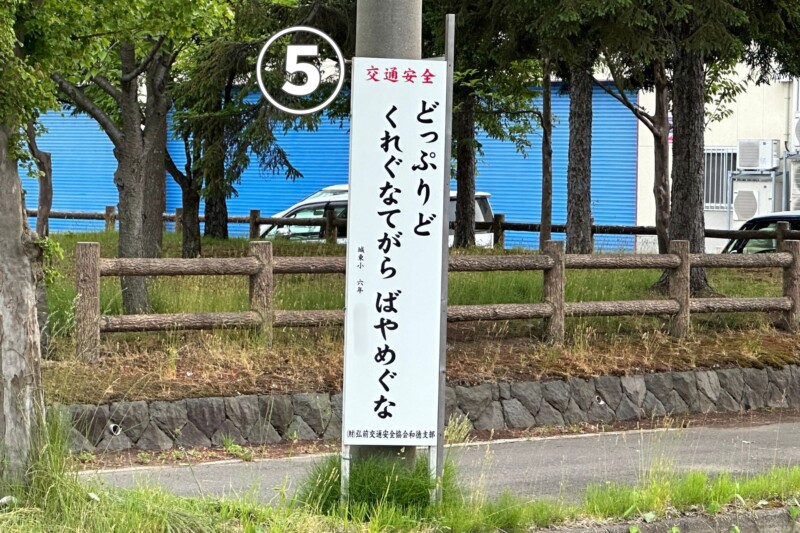
⑤Immerse yourself in the art of bayameguna
This is a past prize-winning work. It uses the fairly popular Tsugaru dialect, so I'm sure many people will understand the meaning. This is a message for children saying, "Don't hang around late at night."
First of all, "doppurido" is a corrupted version of "toppuri," which is used when the sun sets. This means that the next phrase, "kureguna tegara," refers to dusk. "Doppurido kureguna tegara" can be literally translated as "after it's completely dark (after the sun has set)." This is easy enough, but the problem is "bayameguna." "Bayamegu" means "to wander around" or "to move around," and Tsugaru children grow up being told to "bayabayasuna!" (Don't move around!) "Bayameguna" is a Tsugaru dialect known to all elementary school students in Tsugaru, so it makes a great traffic safety slogan for children
Aomori Prefectural Police releases slogans using local dialects
In addition to this, the Aomori Prefectural Police is "Public Relations Slogans Using Dialects" and publishing them on its official website.
In addition to "Traffic Accident Prevention," there are also "Special Fraud Prevention" and "Police Officer Recruitment" slogans in the Tsugaru dialect that are almost impossible for people from other prefectures to decipher. Here are some of the best examples that have been released:
Public relations to prevent special fraud victims
- I don't mind phone postcards
- If you don't understand, then you're a fake son
Traffic accident prevention information
- Big, big, big, if you stand out, it's a car, aim for the shadow
- If you go out, there will be fire
- Dabyon Gottayori Check first
Police Officer Recruitment Public Relations
- I'm here to protect this desolate town
- We must protect Wand's future with the power of Wand
...Did you get it all? The correct answers are available in a free-translation PDF on the official Aomori Prefectural Police website below, so if you're interested, please take a look
Link: Aomori Prefectural Police – Public relations slogans using dialect
summary
Traffic safety slogans full of Tsugaru dialect can only be seen in the Joto Elementary School district of Hirosaki City. In addition to the five introduced here, there are many other signboards set up in the area. If you have the opportunity to visit Hirosaki, why not take a look at the Tsugaru dialect traffic safety slogans and get a feel for native Tsugaru dialect?



![[Hirosaki City, Aomori Prefecture] If you want to experience the traditions of Hirosaki, head to Tsugaru Domain Neputa Village! IMG_0793](https://jp.neft.asia/wp-content/uploads/2018/09/IMG_0793-150x150.jpg)
![[Aomori Prefecture] The station [ART STASION] is immersed in the world of artist GOMA, and the contrast with its exterior is astounding! The interior of Inakadate Station has been transformed into art by artist GOMA](https://jp.neft.asia/wp-content/uploads/2023/02/da672e8e779d29aaafd9c30ff0cba7e4-150x150.jpg)
![[Hirosaki City, Aomori Prefecture] Starbucks Coffee Hirosaki Koenmae Branch: Feel the romance of the Taisho era. On winter nights, the cherry blossoms are illuminated 2. Starbucks Hirosaki Park Store and Cherry Blossom Light-up 2](https://jp.neft.asia/wp-content/uploads/2023/02/34d68444995e05888ffd2d2b8487857b-150x150.jpg)
![[Hirosaki City, Aomori Prefecture] Is Iwakiyama Shrine Aomori's Most Powerful Spot? We Visited It to Find Out 4075412_m](https://jp.neft.asia/wp-content/uploads/2023/11/4075412_m-150x150.jpg)
![5 Recommended "Flying Witch" Pilgrimage Sites Recommended by Locals! [Hirosaki City, Aomori Prefecture] Fujita Memorial Garden](https://jp.neft.asia/wp-content/uploads/2024/04/25cbd3cc9054d78f745f2fa3f68cf706-150x150.jpg)
![Why are there so many unusual names? Station names on the Ou Main Line [Fukushima, Yamagata, Akita] 27651763_l](https://jp.neft.asia/wp-content/uploads/2024/05/27651763_l-150x150.jpg)
![A soothing sight during the rainy season! The beautiful hydrangeas at Daibutsu Park! [Hirosaki City, Aomori Prefecture] hydrangea](https://jp.neft.asia/wp-content/uploads/2024/06/1fba8a75a71fd7301e0999c0ae1a1d91-150x150.jpg)
![Tsugaru Kokeshi - The youngest of the 12 styles, a traditional kokeshi doll originating from the Taisho era [Aomori Prefecture] The facial expressions of Tsugaru Kokeshi dolls](https://jp.neft.asia/wp-content/uploads/2024/12/IMG_1797-150x150.jpg)
